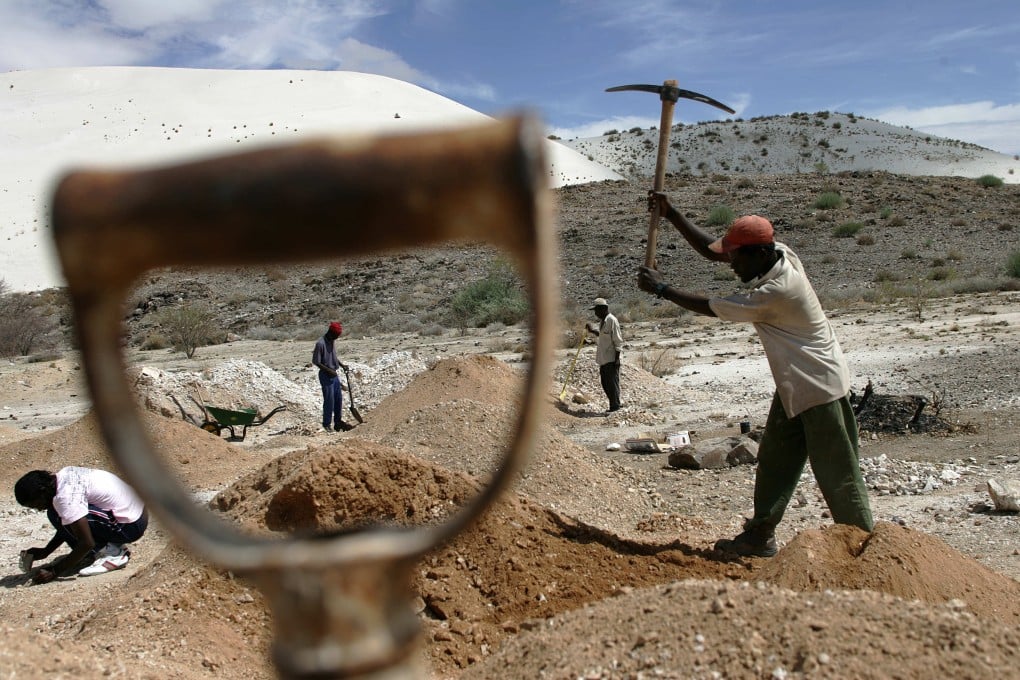My Take | EU, US losing battles for Africa and Latin America to China
Developing countries showing they prefer investment and infrastructure development over the West’s moralising hypocrisy and badmouthing

After the outbreak of war in Ukraine, it suddenly dawned on European leaders that they relied too much on supply chains for critical minerals from China. So they scrambled to Africa to try to invest and build independent supplies of their own.
Now they are surprised that their investments and high-level contacts with key African countries have lagged far behind the Chinese. Moreover, Africans are not terribly welcoming. The Europeans wonder why.
Over in South America, China has become the main trading partner and a key foreign investor with the majority of countries in Uncle Sam’s own backyard. Beijing has been expanding contacts, influence and power in a region long dominated, economically, politically and militarily by the United States.
By contrast, retiring US President Joe Biden brought with him to the Apec meeting in Peru nine Black Hawk helicopters for its war on drugs in the country, along with a donation of used trains for Lima’s metro system.
A promise of economic revival and even greatness or more war on drugs, American style; if you were President Dina Boluarte, which one would you choose?
